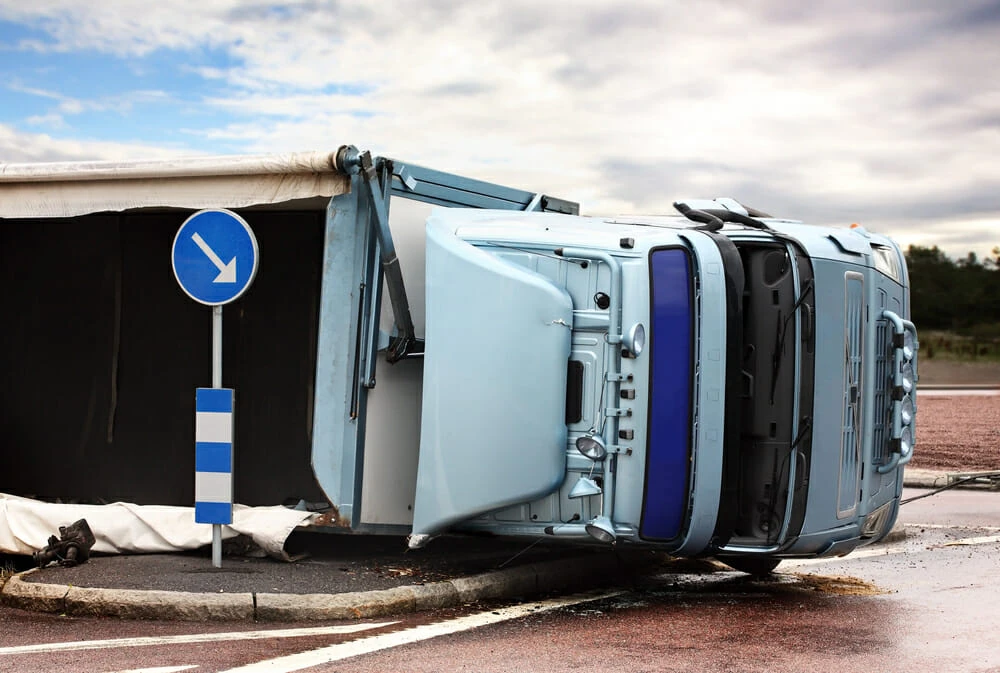It is of the utmost importance that our roadways be safe. The Federal Motor Carrier Safety Administration (FMCSA), which is part of the Department of Transportation, plays a significant role in ensuring this safety by formulating and enforcing laws for commercial motor vehicles (CMVs) that are operating on public highways. The need for commercial motor vehicle drivers to undergo post-accident drug testing is an essential component of this legislation. This article delves deeply into the DOT FMCSA post-accident drug testing criteria. The article also provides an explanation of the reasoning behind the policy, the testing procedures, and the repercussions of not complying with the policy.
The Rationale Behind Post-Accident Drug Testing:
Both alcohol and drugs can dramatically affect a driver’s ability to operate a commercial motor vehicle safely. Inadequate judgment, reaction time, and coordination can all contribute to the occurrence of catastrophic accidents. Post-accident drug testing is necessary for several important reasons.
- Accident Investigation: When attempting to understand the reason for an accident and prevent such incidents in the future, it is helpful for investigators to identify the possibility of drug usage as a contributing component.
- Deterrence: If drivers are aware that post-accident drug testing is required, it may deter them from using drugs before or while operating a commercial motor vehicle.
- Driver Fitness Evaluation: A positive drug test result could suggest that a driver is unfit to operate a commercial motor vehicle (CMV), necessitating evaluations and potentially removing them from service.
The FMCSA Post-Accident Testing Criteria:
The FMCSA requires that commercial motor vehicle drivers who were involved in certain incidents undergo post-accident drug testing, as outlined in 49 CFR Part 382. The following is a rundown of the parameters that set off the alarm:
- Fatality: In surviving commercial motor vehicle drivers are required to undergo post-accident drug testing in the event of an accident that results in a fatality.
- Injury Requiring Medical Attention Away from the Scene: If an accident results in any injury that requires medical treatment beyond basic first aid at the scene (for example, sprains or cuts that require stitches), all licensed commercial motor vehicle drivers who survive the accident are required to undergo drug testing.
- Driver Citation and Disabling Damage: The driver of a commercial motor vehicle must submit to a post-accident drug test if they receive a citation for a moving violation (such as speeding or reckless driving) and the accident results in disabling damage to any involved motor vehicle, necessitating towing from the scene.
Understanding the Testing Process:
The employer of the commercial motor vehicle driver, also known as the Drug and Alcohol Testing Program Employer, or DTP Employer, is responsible for ensuring that the driver undergoes post-accident drug testing whenever a triggering accident occurs. The following is an explanation of the procedure:
- Notification: The employer must promptly inform the driver about the need for post-accident drug testing.
- Candidates for the Medical Review Officer (MRO) position are as follows: The employer is responsible for selecting a competent MRO who will examine the test findings and assess whether or not they are valid.
- Testing Facility: The Department of Transportation must bring the motorist to a testing center within a predetermined timeframe. The type of test required determines the testing schedule.
- Alcohol Test: You must complete this within eight hours of the accident.
- Drug Test: You must conduct a urine-based drug test within thirty-two hours of the accident. Certain protocols may permit oral fluid testing in certain circumstances.
- Test Administration: A qualified collector will administer the selected drug or alcohol test by established guidelines, ensuring accuracy and maintaining a chain of custody.
- MRO Review: The MRO will review the test results and determine whether they are negative, positive, or inconclusive. The MRO will also consider a positive test result and any valid medical explanations provided by the driver.
Consequences of Non-Compliance:
If drivers and employers fail to comply with laws regarding post-accident drug testing, there may be serious implications for both parties:
- Drivers: You could lose your ability to operate a commercial motor vehicle for at least a year if you test positive for drugs or refuse to submit to testing. If you commit numerous violations, you could face permanent disqualification.
- Employers: Employers who fail to ensure that their drivers undergo post-accident testing as necessary may face significant fines and the possibility of having their operating permission suspended.
Additional Considerations:
- Confidentiality: Only authorized personnel with a legitimate need to know to receive the test results, which are considered to be confidential medical information.
- Recordkeeping: To comply with recordkeeping regulations, employers are required to keep thorough records of all post-accident drug testing for at least five years.
- Alternative Testing: We may use alternative testing procedures, such as examining hair follicles, in exceptional cases and only after receiving approval from the MRO.
Conclusion: Promoting Safety Through a Collaborative Approach
To summarize, navigating the aftermath of a collision involving a commercial motor vehicle (CMV) may be a difficult and stressful procedure. However, employers as well as commercial motor vehicle drivers must have a thorough awareness of the FMCSA’s post-accident drug testing standards. This policy serves as an essential protection, encouraging road safety by discouraging drug use, assisting in accident investigation, and taking measures to ensure that drivers are physically healthy. Both employers and drivers can make the transportation environment safer for everyone if they perform their respective duties. Employers should implement thorough drug and alcohol programs and adhere to testing laws, while drivers should behave responsibly and be aware of the potential implications of their actions. Knowledge is power, so keep that in mind. By becoming familiar with the requirements for post-accident drug testing mandated by the Federal Motor Carrier Safety Administration (FMCSA), you may make the procedure more streamlined in the event of an accident and ultimately contribute to a safer tomorrow.
FAQs: Understanding FMCSA Post-Accident Drug Testing
Q: What if the accident wasn’t my fault?
A: If the FMCSA triggering requirements are met, which include a fatality, an injury that requires medical attention, or a citation with disabling damage, you are still required to conduct post-accident drug testing. This is the case regardless of who was at fault in the accident.
Q: Can I refuse a post-accident drug test?
A: Yes, in a general sense. On the other hand, the processing of a refusal to submit to a post-accident drug test follows the same procedure as a positive test result. For a minimum of one year, and perhaps for a longer period for subsequent violations, this might result in a disqualification from operating a commercial motor vehicle.
Q: What happens if I have a prescription medication that could show up on the drug test?
A: If you have a valid medical explanation for a positive test result, you are required to provide this information to the MRO during the review process. Please provide a copy of your prescription as proof of purchase. Following the evaluation of the facts, the MRO will decide whether or not the positive test is within the parameters of permissible medical usage.




